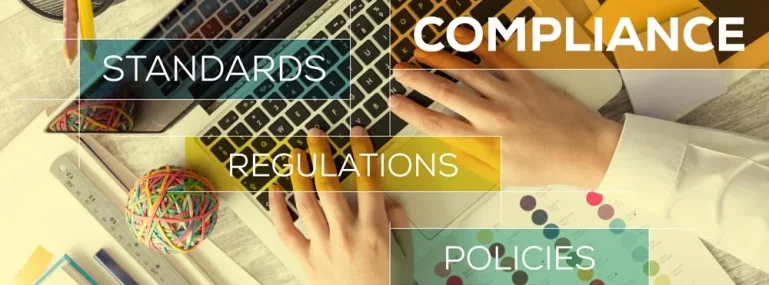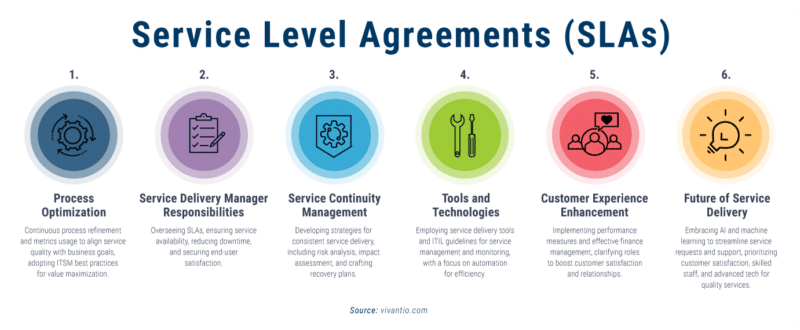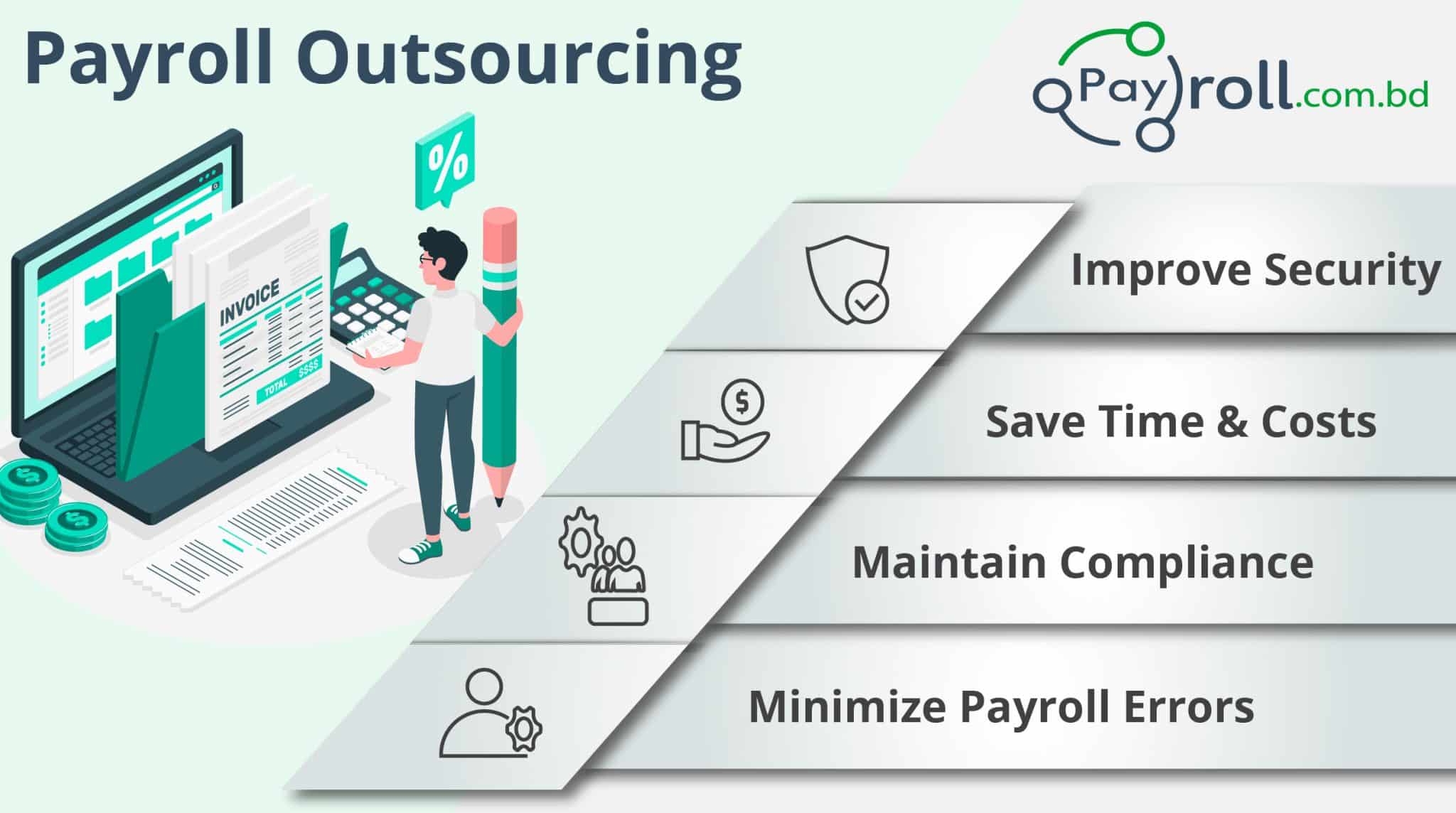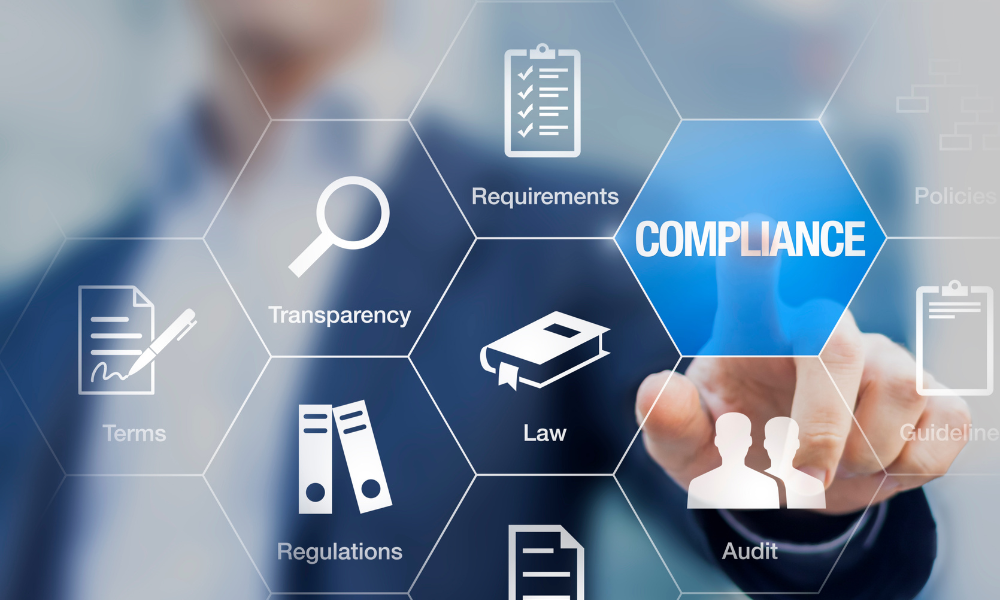Outsourcing Compliance: what you Need To Know - SMS
페이지 정보

조회Hit 212회 작성일Date 25-04-15 20:23
본문

One of the most substantial organization patterns over the last years has been to outsource functions that are not core service activities. Cutting costs and getting competence are the two most common inspirations for outsourcing. This pattern has long since reached business compliance programs. Many questions surround this practice in the compliance arena.
Why Outsource Compliance?

The first concern is: why should a company engage an outdoors expert to help in running the compliance program? The reality is that many compliance office tasks are consistently contracted out to suppliers to allow the compliance office to concentrate on the program's core . Hotlines, sanction screening services, and training programs are commonly outsourced functions.
In many cases, a compliance officer's departure produces the need for help until the organization can work with a replacement. In others, an existing compliance program requires help to deal with included duties, such as compliance management or HIPAA privacy/security officer assistance.
When Should You Outsource Compliance?
Organizations decide to hire compliance experts after determining weaknesses or spaces in their operations, such as vacancies in compliance, personal privacy or security officer roles. Lot of times, federal government examination drives the decision to bring in specialists. Corporate Integrity Agreements mandate that a company vouches for having a totally working and reliable compliance program.

Managed Care statutes need preserving a reliable compliance program and informing CMS when a compliance officer job happens. And under the Affordable Care Act, CMS is required to establish mandated compliance program requirements. Once these requirements are in result, numerous will look for skilled support to satisfy them.
Where Can You Find Compliance Outsourcing Services?
Where can companies discover necessary compliance knowledge? The simplest starting point is inspecting the internet to find expert journal articles on the topic. This can offer extra insight and recognize specialists on the topic. A search can likewise determine firms that may supply the required services.

Who Should You Outsource Compliance To?

Who are some professionals that can fill spaces or supplement compliance programs, and have also built, evaluated, and handled efficient compliance programs? They are individuals with hands-on experience in multiple situations and settings that make them experts.
The following are examples of professionals with extensive compliance program consulting experience, who have functioned as compliance officers in several functions:
Cornelia Dorfschmid, PhD, who has over 20 years of healthcare consulting experience and has actually served as designated/interim compliance officer for health center systems and physician practices on numerous events.
Steve Forman, CPA, with 12 years as a healthcare specialist, 10 years as VP for Audit/Compliance at a health center system, and has served as interim/designated compliance officer several times.
Suzanne Castaldo, JD, CHC, a skilled consultant who has actually acted as interim/designated compliance officer a number of times.
How Can You Best Outsource Compliance?

How can organizations use compliance specialists to its best benefit? Using qualified specialists has many advantages, but the key in employing them is to bring an optimal return of benefit for the cost by making sure included worth. In addition to day-to-day management, think about including a few of the following:

1. Examine the program to verify strengths and determine chances for improvement;
2. Conduct an independent assessment of the program for senior management and board;
3. Review the Standard Procedure and other written assistance;
4. Evaluate the quality and efficiency of compliance training;
5. Assess high-risk areas that warrant attention;
6. Assess resources required to efficiently run the compliance program;
7. Use experts to determine and develop metrics evidencing compliance program efficiency;
8. Use professionals to help in determining and assessing prospects for the permanent compliance officer position; and
9. Provide a "roadway map" for inbound compliance officers to follow.
What Level of Effort Should You Take Into Outsourcing Compliance?
What level of effort do companies require to utilize compliance experts in compliance programs? Even for relatively big organizations, a real compliance professional can hold the program together for several months without having to be on-site complete time. Most companies can run compliance programs effectively through using a professional for 50-80 hours per month for as much as 6 months until having a permanent compliance officer in location ends up being vital.
Smaller organizations and the majority of physician practices will need experts for only half the time. Due to advances in technology, not all hours need to be on-site. However, the secret is to have the professional on-call to deal with any emergent problems. Notably, the OIG has accepted that for smaller sized organizations, engaging a certified professional as the Designated Compliance Officer might make more sense. The OIG points out lots of reasons for a company to think about using an outdoors specialist rather of a W-2 full-time employee.
About the Author
Richard P. Kusserow developed Strategic Management Services, LLC, after retiring from being the DHHS Inspector General, and has assisted over 3,000 health care organizations and entities in establishing, implementing and evaluating compliance programs.








